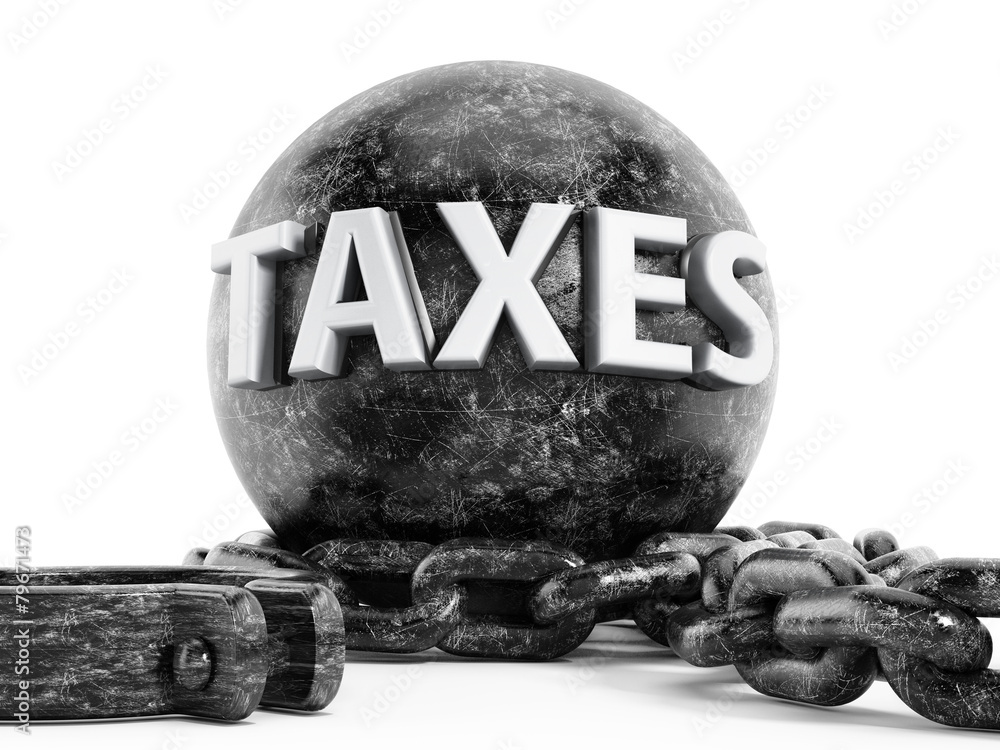by Mac Slavo, SHTF Plan:

This article was originally published by Lipton Matthews at The Mises Institute.
The Economist magazine in a recent editorial painted a rather positive image of the American economy. After encountering setbacks, the American economy often registers a buoyant recovery. Despite competition from rivals, America has retained her position as the world’s top economy. Some are bewildered by America’s enduring prosperity, but is it reasonable to expect less from a country designed to do business?
TRUTH LIVES on at https://sgtreport.tv/
The American Constitution is a fierce protector of property rights and economic freedom. Respect for property rights is so ingrained in the American legal system that for legal purposes corporations are considered as people. Because of this special status, American corporations are poised to defend themselves from government encroachment. A consequence of this is that American companies can be more flexible and responsive to market changes since they are less constrained by the whims of the government.
For example, the principle of at-will employment makes it easy for American companies to hire and fire workers thereby ensuring the efficient allocation of labor and capital. It also frees companies of the burden of preserving jobs that no longer add value. Instead, they can prioritize attracting new talent to boost productivity. As such, America remains attractive to investors due to less burdensome regulations.
Further, unlike in other countries, in the United States individuals own the minerals discovered beneath the surface of their homes. Therefore, it is easier for homeowners and entrepreneurs to commercialize discoveries without government intervention. In fact, political involvement slows development because the expertise to capitalize on discoveries is usually lacking in government. Entrepreneurs toiling in the marketplace are more equipped to expedite the business process than bureaucrats who are primarily concerned with using regulations to increase political power.
America’s innovative approach to mineral development has helped to accelerate the fracking revolution by incentivizing entrepreneurs and homeowners to pursue explorations for minerals. This has created wealth for ordinary people and businesses. Another advantage of America’s light regulatory approach is that it leads to more experimenting. If America had been like other places, then businesses would have to wait a long time for approval, and this would limit the scope for experiments to unlock innovation.
America’s rich free-market tradition has made her an economic superpower. So, why are policy makers employing taxation to derail progress? The obvious answer is that the state relies on taxation to bolster its coffers. As a predatory institution, the state is motivated to extract resources from private actors and augment its power. However, doing so is to the detriment of societal progress.
Economic estimates show a positive relationship between low taxes and entrepreneurship. Lower taxes also promote economic growth. Yet, the nascent marijuana industry is being taxed to the point where it is becoming an impediment to growth. Some policymakers are laboring under the impression that citizens have an obligation to enrich the state.
The thinking is that all activities must be captured by the tax net. New rules will even make PayPal transactions over $600 liable to taxation. Such policies are depriving citizens of investment capital and disposable income. Nevertheless, they are portrayed as the noble goals of a benevolent government.
Indeed, the state requires money to function, but debates still loom about its legitimacy and that of the income tax. Hence, politicians ought to curb their appetite for spending, promise less, and desist from pursuing useless military excursions. The state should be satisfied with what it collects from citizens because it is not owed anything.



